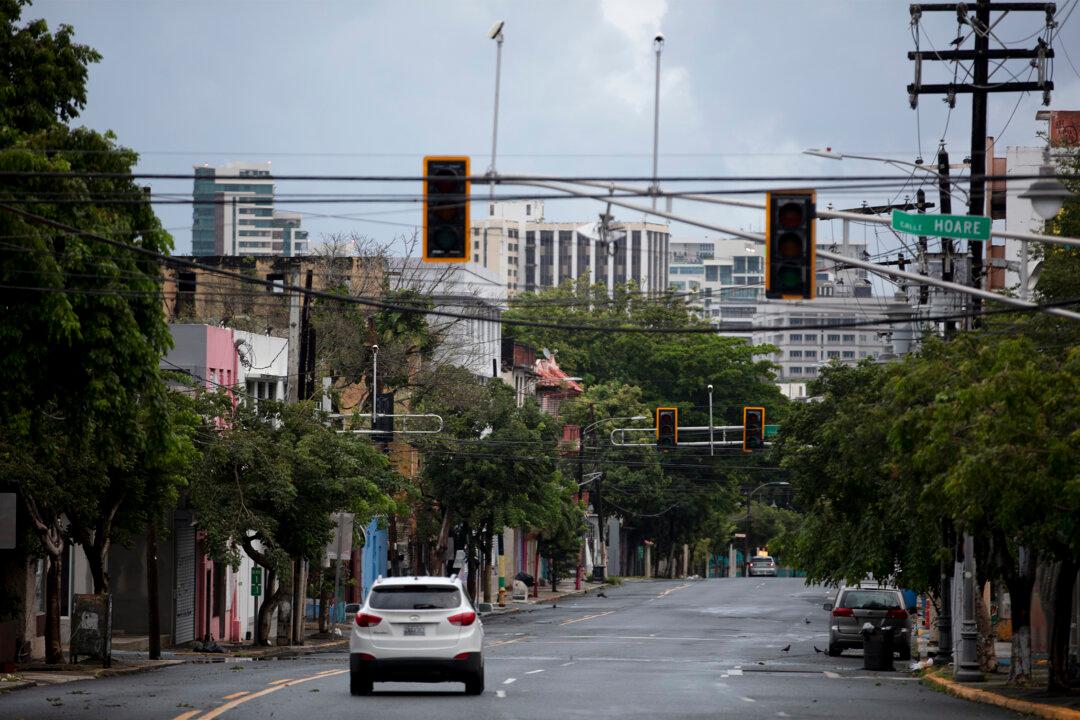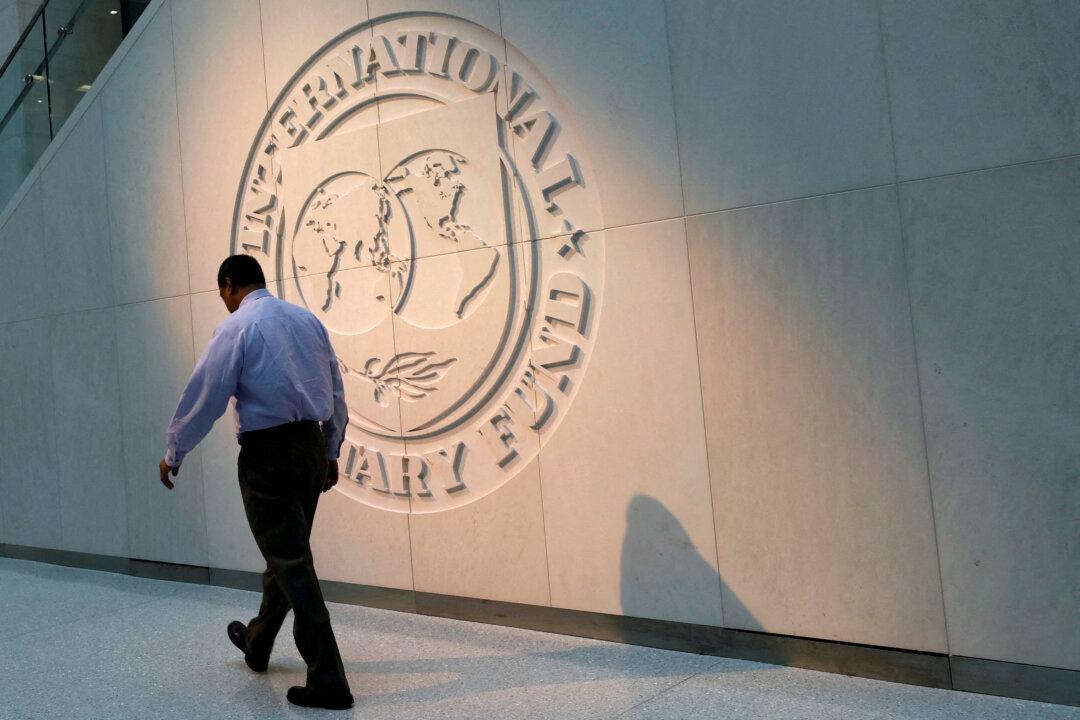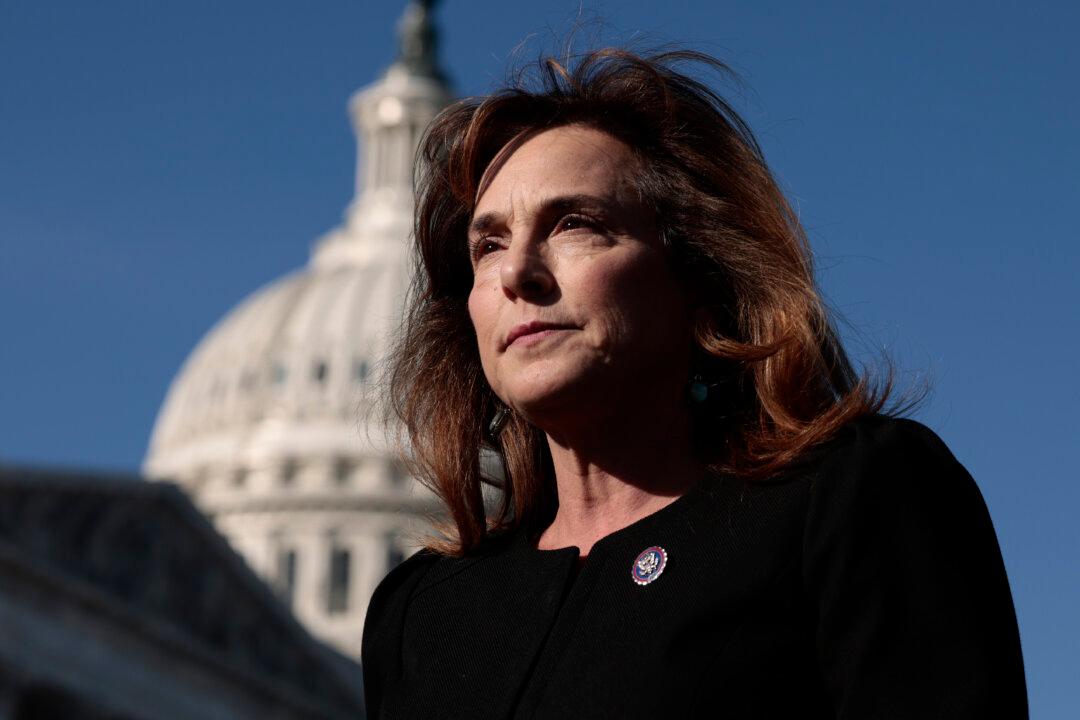The House of Representatives passed the “Puerto Rico Status Act” in mid-December, led by Rep. Raúl Grijalva (D-Ariz.). The mostly symbolic bill could be brought up again in the new Congress. If signed into law, the measure could spark a drastic change to the island’s economy.
The bill would require the U.S. government to conduct a plebiscite for the island’s residents, allowing them to democratically decide whether they would like Puerto Rico to become the 51st state, an independent country, or remain a commonwealth. Previous non-binding referendums have resulted in a slight majority favoring statehood.




